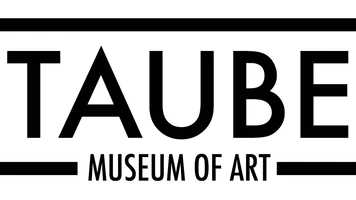Historically, social services in North Dakota have been delivered by the counties. But moving forward, a regionalized system made up of 19 social service units will be the new norm. Governor Burgum signed Senate bill 2124 last week; the full news release is below.
— Official News Release, Governor Burgum —
BISMARCK, N.D. – Gov. Doug Burgum has signed breakthrough legislation that redesigns county social services in North Dakota to improve the quality of services, increase the speed of delivery and reduce costs while continuing to provide property tax relief.
Senate Bill 2124 will reorganize the current system of 47 county social service units into no more than 19 human service zones. North Dakotans will now be able to obtain services at the closest social service office, regardless of where they live. All current access points will remain open, so those seeking services will notice few immediate changes. Behind the scenes, zones will be able to share staff resources, specialization and expertise.
“This landmark bill maintains all local access points to services while allowing us to respond better to community needs and promote innovation in service delivery,” Burgum said. “Social service team members will be able to spend less time on administrative tasks and more time working directly with citizens to address their needs.”
Senate Bill 2124 is the culmination of years of effort. Legislation approved in 2017 directed the state to provide property tax relief by funding social services and to study the design of social service delivery. SB 2124 resulted from that study, with collaboration between the Department of Human Services (DHS), North Dakota Association of Counties, state Legislature and county social service leaders, among other stakeholders. By continuing state responsibility for county human services funding, SB 2124 will provide more than $172 million in property tax relief.
Counties will have until the end of 2019 to work together to form zones. Next year, each zone will select a director and create a plan for zone operation. Throughout the biennium, zones will collaborate to roll out pilot projects focused on specific programs to improve processes.
“This is a transformational bill, but the changes it supports will be incremental,” DHS Executive Director Chris Jones said. “As our pilot projects evolve and roll out statewide in a zone structure, we will improve services and outcomes for North Dakotans.”


